TABLE OF CONTENTS
This article provides you a step-by-step, hassle-free guide on how to make vegan cannabutter in the comfort of your kitchen, using coconut oil.
As we all know, coconut oil stands out as a unique oil among many others, primarily because it contains more fatty acids than most oils do. It has a high heat capacity, which can retain the cannabinoids in cannabis.
So, in place of butter (which we'd typically use to make our cannabutter), coconut oil is a perfect choice for vegan cannabutter.
An important prerequisite for making edibles is cannabutter, which contains either THC, CBD, or both.
Traditionally, cannabutter is made from melted butter, which is infused with decarboxylated or heated marijuana. However, cannabutter can be synthesized from several other materials; in this case, coconut oil – an excellent ingredient for a vegan choice.
A Word on Cannabis Edibles
For many people who turn to cannabis for its benefits, edibles are considered relatively safe and enjoyable. Not everyone would like to inhale or smoke their weed.
Edibles are a fantastic way of consuming marijuana, but care still needs to be taken when preparing them. The enticing nature of edibles could easily make you infuse too much weed in them.
Dosing your edibles is very important. The recommended dosage is 0.01g or 10 mg per edible. Therefore, the number of edibles you intend to make would determine the cannabutter's overall amount of marijuana.
What You Will Need To Make Your Vegan Cannabutter
The ingredients you need are melted coconut oil and ground cannabis bud. Also, you will need the following pieces of equipment:
- Baking Sheet
- Parchment Paper
- Small Saucepan or pot
- Precision Scale
- Candy Thermometer
- Fine Mesh Sieve
Note: Accurate measurement is critical here. Bearing in mind that a safe quantity would be around the recommended dosage, you should measure out the amount of marijuana you need before starting.
The Infusion Process
Before you infuse the cannabis with the coconut oil, you need to decarboxylate the cannabis. This step uses heat to chemically activate the cannabinoid (THC and CBD) – the substance that makes you `high.`
Spread a parchment paper over the surface of the baking sheet and preheat your oven to 245°F. Also, you need to ground the marijuana buds with a grinder and melt the coconut oil on low heat. Bake or decarboxylate the ground marijuana for 35 minutes.
Next, mix the decarboxylated cannabis in a small pot with the melted coconut oil. Allow the mixture to steep for 4 – 6 hours under very low heat. The infusion is best done between 180-200°F. For temperature measurements, use a candy thermometer.
After infusing, turn off the heat and allow the butter to cool. Place the fine-mesh sieve over a container and pour the butter through it. Press any marijuana left behind to ensure all the butter gets through. Your vegan cannabutter is ready. You can store it in a fridge for up to 6 months and take it out of it as the need arises.
Tips For Making Safe Vegan Cannabutter
If you're going to be trying your hands on CBD or cannabis edibles, you must dive in armed with information that will enable you to get the best results. One of such is knowing how to make safe or if you like, consumable cannabutter.
- The process takes time: The process of making good cannabutter is not something you want to rush. The heating and infusion process takes time.
- Start with a comfortable dosage: we cannot emphasize this point too much. As you begin, you'd be better off sticking to the recommended dosing, unless, of course, you want to try more – at your own risk. You can add more whenever you feel like it, but most importantly, you need to keep in mind the number of edibles you're making. This enables you to add just the amount needed to go round for each piece and nothing more. You will need a precision scale and for accurate measurement.
- Do not overheat or scald the cannabis: during decarboxylation and infusion stages, it is possible to overheat and render the cannabinoid impotent or scald the cannabis bud with the hot butter. Get a candy thermometer to help you monitor the temperature.
- Choose an ideal cannabis strain: There are diverse kinds of weed out there. Besides buying from a regulated store, you may need to pick a cannabis strain that is ideal for your need.
Vegan cannabis edibles are becoming more available as cannabis companies continue to satisfy the growing demand. Edibles provide an intense and long-lasting experience for recreational and medical consumers.
Fortunately, vegan edible makers are crafting small-batch and scrumptious snacks and drinks to increase accessibility to marijuana. Whether you’re on a hike or relaxing at home, these vegan edibles let you enjoy your favorite treats with a hint of THC.
“
There are over 300,000 jobs in the cannabis industry. CTU trained me for one of them!

Makes $24.50 @ THC +
Coconut oil is just one of the resources that you can use for making cannabutter at home. You can visit CTU to learn more about cooking with cannabis or get certified in a professional cannabis program.

Karen Getchell
Karen gained expertise in developing training programs and technical documentation as a Senior Editor at Cisco Systems. She began her journey in cannabis as a patient, searching for a way to heal herself. When she perfected a method for making cannabis oil, other patients began to seek her out. An early adopter of CBD medicine, she started her CBD-infused-products business in 2014. Over the last two decades, Karen has taught hundreds of patients and caregivers how to select strains, infuse oils, and extract cannabinoids.
When she isn’t teaching cannabis cooking classes, Karen works as a cannabis business consultant, writes for online cannabis publications like Cannabis Training University, Leafly, and Weedmaps, and runs a CBD-infused-product business.


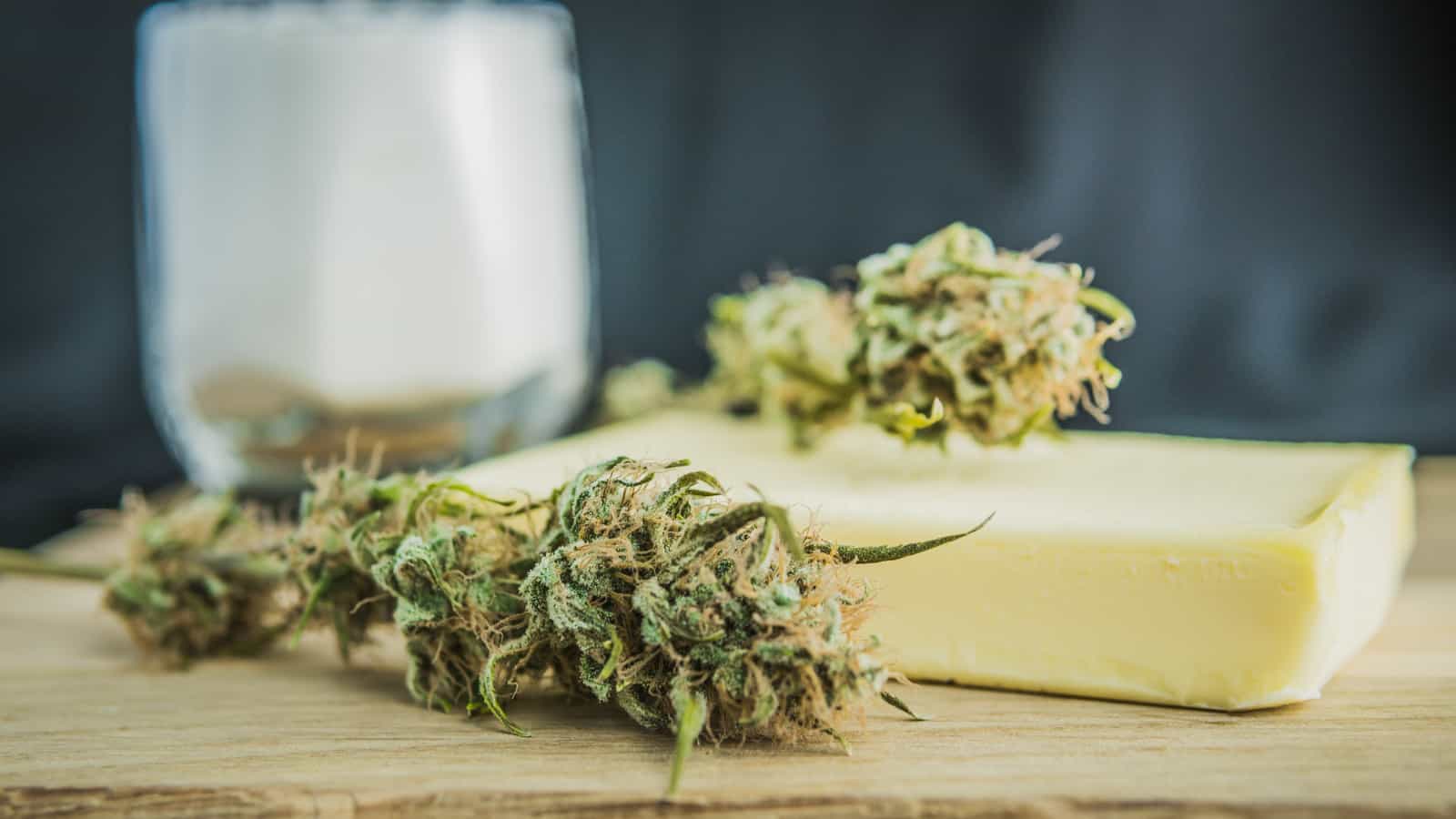



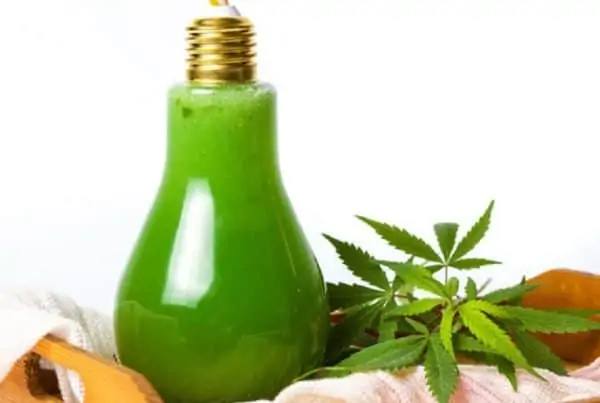

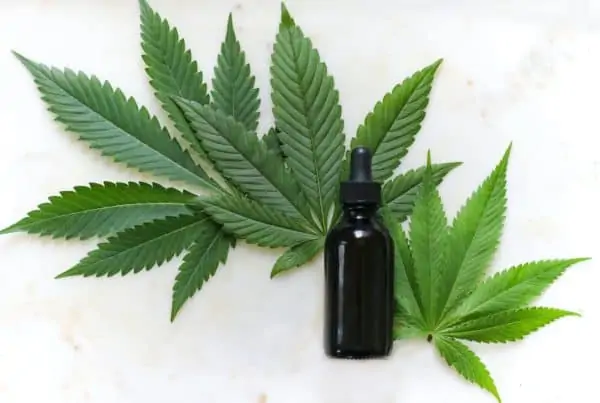
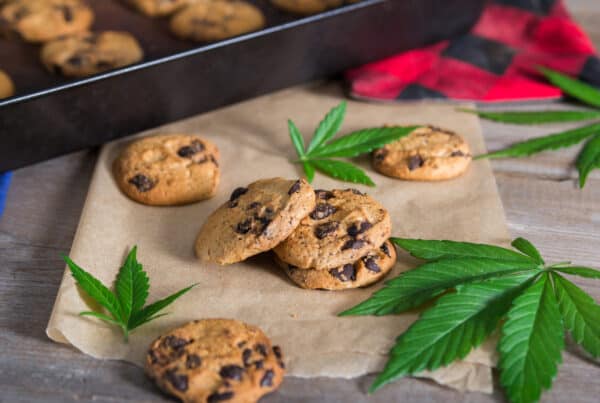
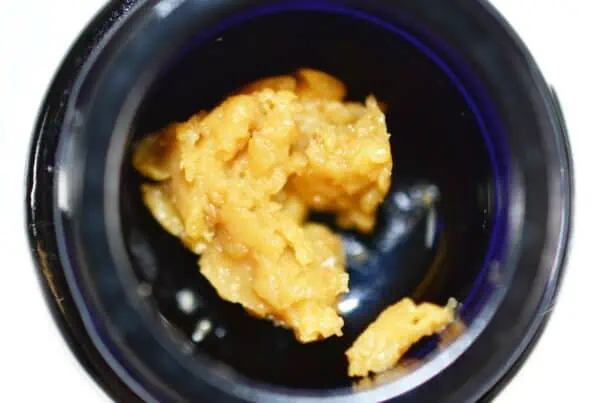

 Jeff was involved in an accident where he endured a traumatic brain injury. He had a week-long stay in ICU where brain surgeons
Jeff was involved in an accident where he endured a traumatic brain injury. He had a week-long stay in ICU where brain surgeons  100% risk free money back guarantee within 48 hours after purchase if student has not completed any of the courses or exams.
100% risk free money back guarantee within 48 hours after purchase if student has not completed any of the courses or exams.